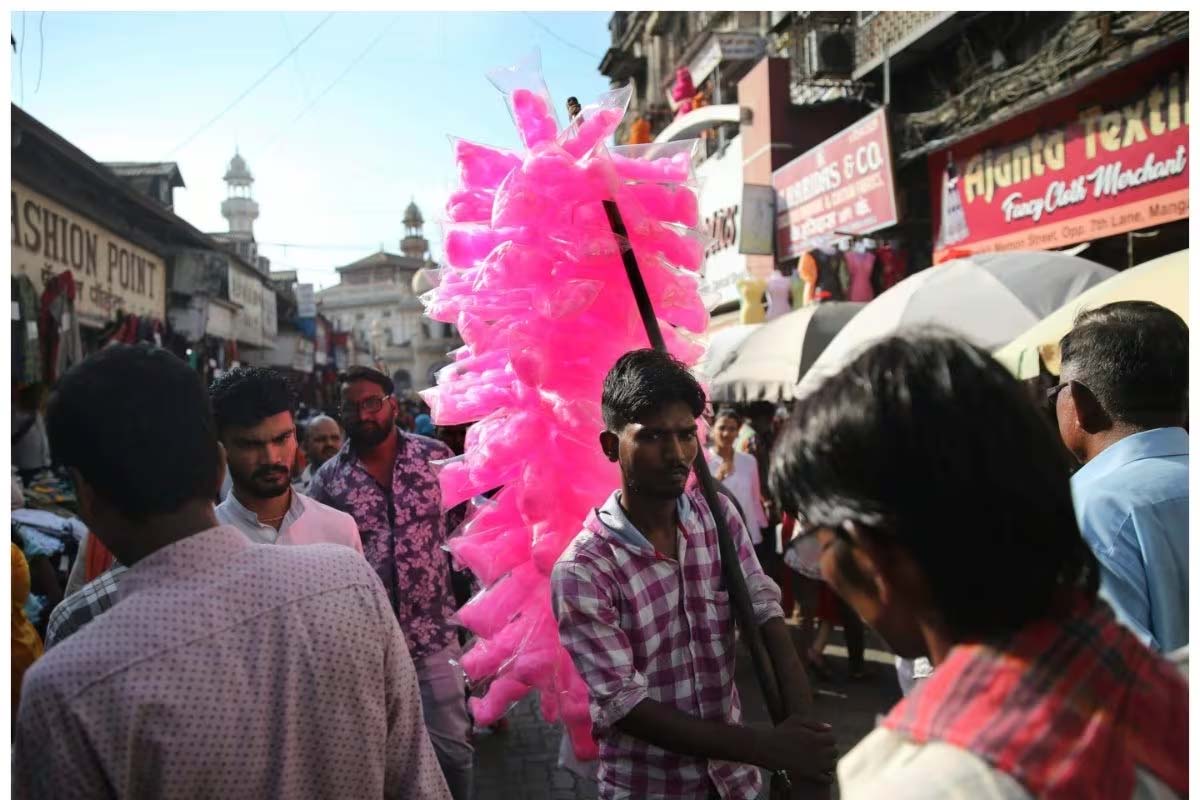In Chennai, the government of Tamil Nadu has imposed a prohibition on the vending of cotton candy, locally known as ‘Panju Mittai’ in Tamil, citing the utilization of the carcinogenic coloring agent, Rhodamine B (RhB), employed to impart hues to these confections. Health Minister Ma Subramanian conveyed this restriction through an official statement.
The minister’s proclamation highlighted the identification of chemical substances detrimental to consumers’ well-being in the examination of colored and uncolored cotton candy samples conducted by the governmental Food Safety Lab. Rhodamine B (RhB), a textile dye, was discerned in the cotton candy, rendering it substandard and unfit for consumption under various provisions of the Food Safety and Standards Act (FSA), 2006.
The legislation also proscribes the incorporation of this chemical in the production, packaging, importation, sale, and deployment during wedding and public events. Violations of these stipulations in the act are subject to legal penalties.
In response to the findings, the Food Safety Commissioner has instructed Food Safety Officers in the State to take immediate action under the provisions of the FSA, as quoted in the minister’s statement.
A research study published in Science Direct designates Rhodamine B (RhB) as a significant environmental pollutant extensively utilized for dyeing purposes. RhB, being a water-soluble fluorescent xanthene dye applied to color various substances, raises concerns due to its toxicity, prompting researchers to explore methods for its removal, according to the study.
The research further asserts that the dye possesses carcinogenic properties and may induce irritation and various diseases. These adverse effects of Rhodamine B (RhB) serve as a catalyst for scientists to contemplate strategies for its mitigation within aqueous systems.









